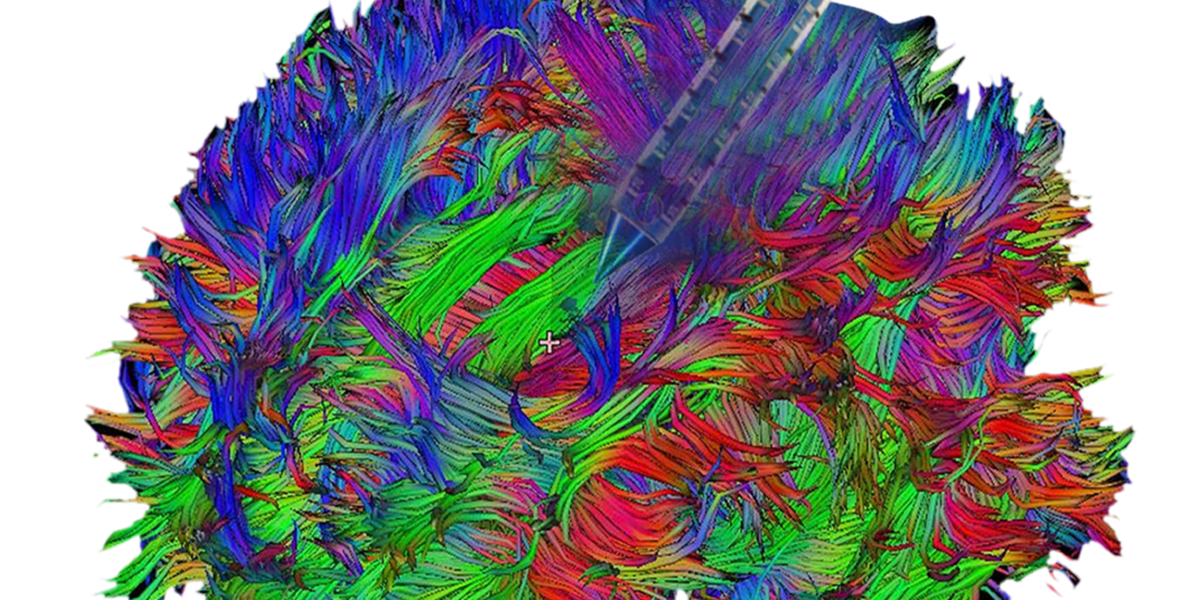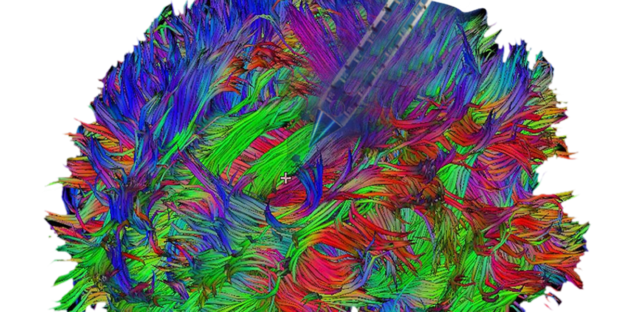Latest Advances in Neurosurgery: Write about the latest advances in neurosurgery, including new technologies, treatment options, and research findings
Introduction
Neurosurgery is a medical specialty that deals with the surgical treatment of diseases and disorders of the nervous system. It is a complex and challenging field that requires highly specialized skills and knowledge. Over the past few years, there have been significant advances in the field of neurosurgery. These advances include new technologies, treatment options, and research findings that have improved the outcomes of neurosurgical procedures.
In this blog, we will discuss the latest advances in neurosurgery, including new technologies, treatment options, and research findings.
Advances in Neurosurgical Technologies
Advances in technology have revolutionized the field of neurosurgery. There have been significant developments in imaging technologies, minimally invasive techniques, and robotic surgery.
- Imaging Technologies
Imaging technologies such as magnetic resonance imaging (MRI) and computed tomography (CT) have significantly improved the ability of neurosurgeons to diagnose and treat neurological conditions. Advanced imaging techniques such as functional MRI (fMRI), diffusion tensor imaging (DTI), and positron emission tomography (PET) have also been developed, which provide more detailed information about the structure and function of the brain.
- Minimally Invasive Techniques
Minimally invasive techniques have become increasingly popular in neurosurgery. These techniques use smaller incisions and specialized instruments to perform surgery, which can lead to faster recovery times, less scarring, and fewer complications. Some examples of minimally invasive techniques used in neurosurgery include endoscopic surgery, microdiscectomy, and percutaneous discectomy.
- Robotic Surgery
Robotic surgery is a relatively new technology in neurosurgery. It involves the use of robotic arms to perform surgery with greater precision and accuracy. Robotic surgery has been used in the treatment of brain tumors, spinal cord injuries, and other neurological conditions.
Advances in Neurosurgical Treatment Options
In addition to advances in technology, there have also been significant advances in the treatment options available for neurological conditions. These advances include new drugs, surgical procedures, and non-invasive treatments.
- New Drugs
New drugs have been developed for the treatment of various neurological conditions, including brain tumors, epilepsy, and Parkinson’s disease. These drugs are often more effective and have fewer side effects than previous treatments.
- Surgical Procedures
New surgical procedures have been developed for the treatment of various neurological conditions. These procedures include deep brain stimulation (DBS), which is used to treat Parkinson’s disease and other movement disorders, and laser ablation, which is used to treat brain tumors and epilepsy.
- Non-Invasive Treatments
Non-invasive treatments such as transcranial magnetic stimulation (TMS) and transcranial direct current stimulation (tDCS) have been developed for the treatment of neurological conditions. These treatments use magnetic or electrical stimulation to modulate brain activity and have been shown to be effective in the treatment of depression, chronic pain, and other conditions.
Advances in Neurosurgical Research Findings
Neurosurgical research has led to many significant findings in recent years. These findings have improved our understanding of the brain and have led to new treatments for neurological conditions.
- Brain-Computer Interfaces
Brain-computer interfaces (BCIs) are devices that allow individuals to control external devices using their thoughts. BCIs have been developed for the treatment of paralysis and other neurological conditions. Research in this area has shown promising results, with some individuals being able to control robotic arms and other devices using their thoughts.
- Gene Therapy
Gene therapy is a promising new treatment for neurological conditions. It involves the use of viruses to deliver therapeutic genes to specific cells in the brain. Research in this area has shown promising results, with gene therapy being used to treat conditions such as Parkinson’s disease and spinal cord
injuries in animal models.
- Stem Cell Therapy
Stem cell therapy is another promising new treatment for neurological conditions. Stem cells can differentiate into various cell types, including neurons and glial cells, making them a potential source of replacement cells for damaged or lost cells in the brain. Research in this area has shown promising results, with stem cell therapy being used to treat conditions such as stroke and spinal cord injuries in animal models.
- Neuroplasticity
Neuroplasticity is the brain’s ability to change and adapt in response to new experiences. Research in this area has shown that neuroplasticity can be harnessed to improve outcomes in the treatment of neurological conditions. Techniques such as constraint-induced movement therapy (CIMT) have been developed to promote neuroplasticity and improve outcomes in the treatment of stroke and other neurological conditions.
- Biomarkers
Biomarkers are biological markers that can be used to diagnose and monitor the progression of neurological conditions. Research in this area has led to the identification of several biomarkers for conditions such as Alzheimer’s disease, multiple sclerosis, and traumatic brain injury. Biomarkers can be used to develop more personalized treatments for neurological conditions and to monitor the effectiveness of treatments over time.
Challenges and Future Directions
Despite the significant advances in neurosurgery, there are still many challenges and areas of research that require further investigation. Some of these challenges include:
- Understanding the Mechanisms of Neurological Conditions
There is still much to be learned about the mechanisms of neurological conditions. A better understanding of the underlying causes of these conditions could lead to the development of more effective treatments.
- Personalizing Treatments
There is a growing recognition of the need to personalize treatments for neurological conditions. This requires a better understanding of the individual factors that contribute to these conditions, such as genetics, environment, and lifestyle.
- Addressing Ethical Concerns
Advances in neurosurgery raise important ethical concerns, particularly around issues such as the use of brain-computer interfaces and gene therapy. It is important to ensure that these advances are used in an ethical and responsible manner.
- Overcoming Technical Limitations
While advances in technology have revolutionized neurosurgery, there are still technical limitations that need to be overcome. For example, the resolution of imaging technologies could be improved to provide more detailed information about the structure and function of the brain.
Conclusion
In conclusion, neurosurgery is a rapidly evolving field with significant advances in technology, treatment options, and research findings. These advances have improved the outcomes of neurosurgical procedures and have led to new treatments for neurological conditions. However, there are still many challenges that need to be addressed, such as understanding the mechanisms of neurological conditions, personalizing treatments, addressing ethical concerns, and overcoming technical limitations. With continued research and innovation, it is hoped that these challenges can be overcome and that the field of neurosurgery will continue to advance, improving the lives of patients and their families.
Dr Rao – Dr Rao’s Hospital
Dr. Rao’s Neuro, Brain, and Spine Hospital located in Guntur, Andhra Pradesh is known for its world-class treatment in neurosurgery. The hospital is equipped with state-of-the-art technology and a team of highly skilled and experienced neurosurgeons, neurologists, and other medical professionals who are dedicated to providing the best care for their patients. The hospital offers a wide range of neurosurgical treatments, including brain and spinal surgeries, deep brain stimulation, minimally invasive surgeries, and more. With a patient-centric approach, Dr. Rao‘s Neuro, Brain, and Spine Hospital strives to deliver the best possible outcomes for its patients and is regarded as one of the best hospitals for neurosurgery in the region.


